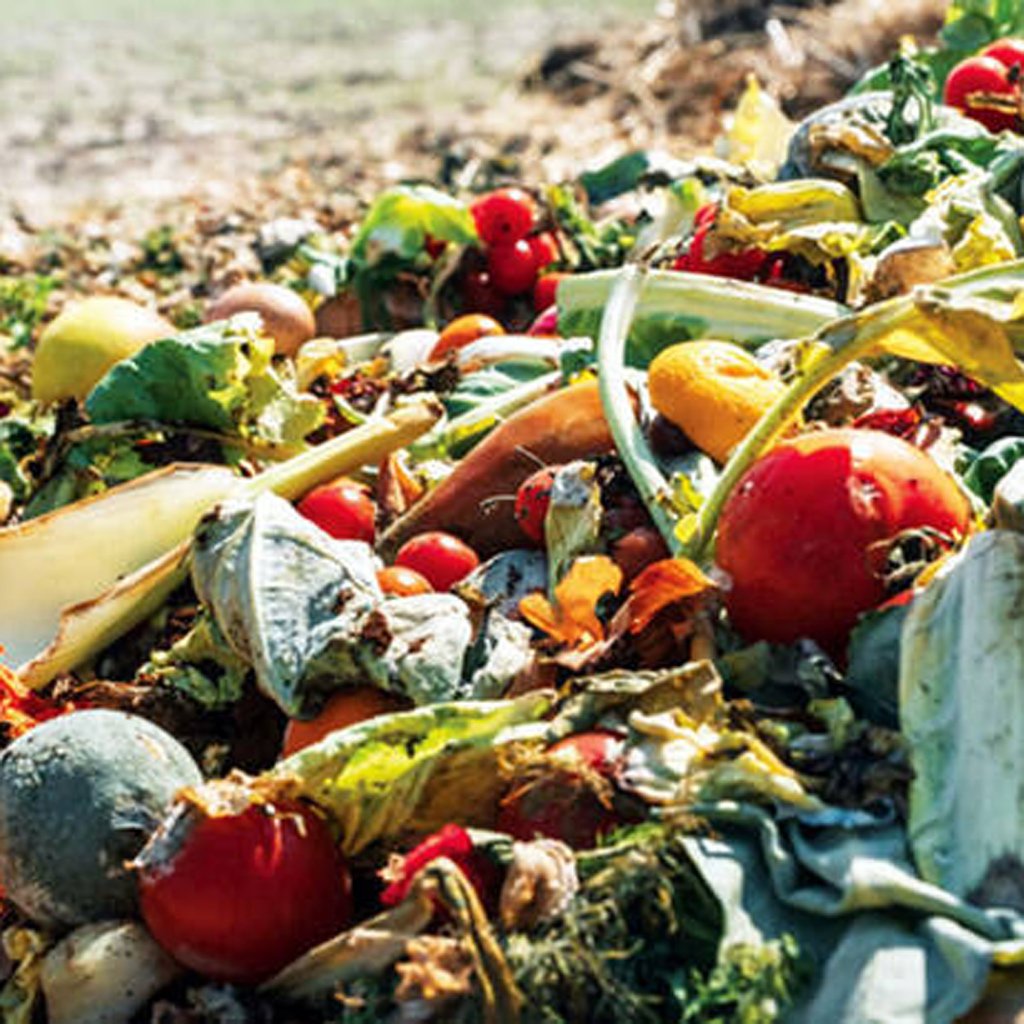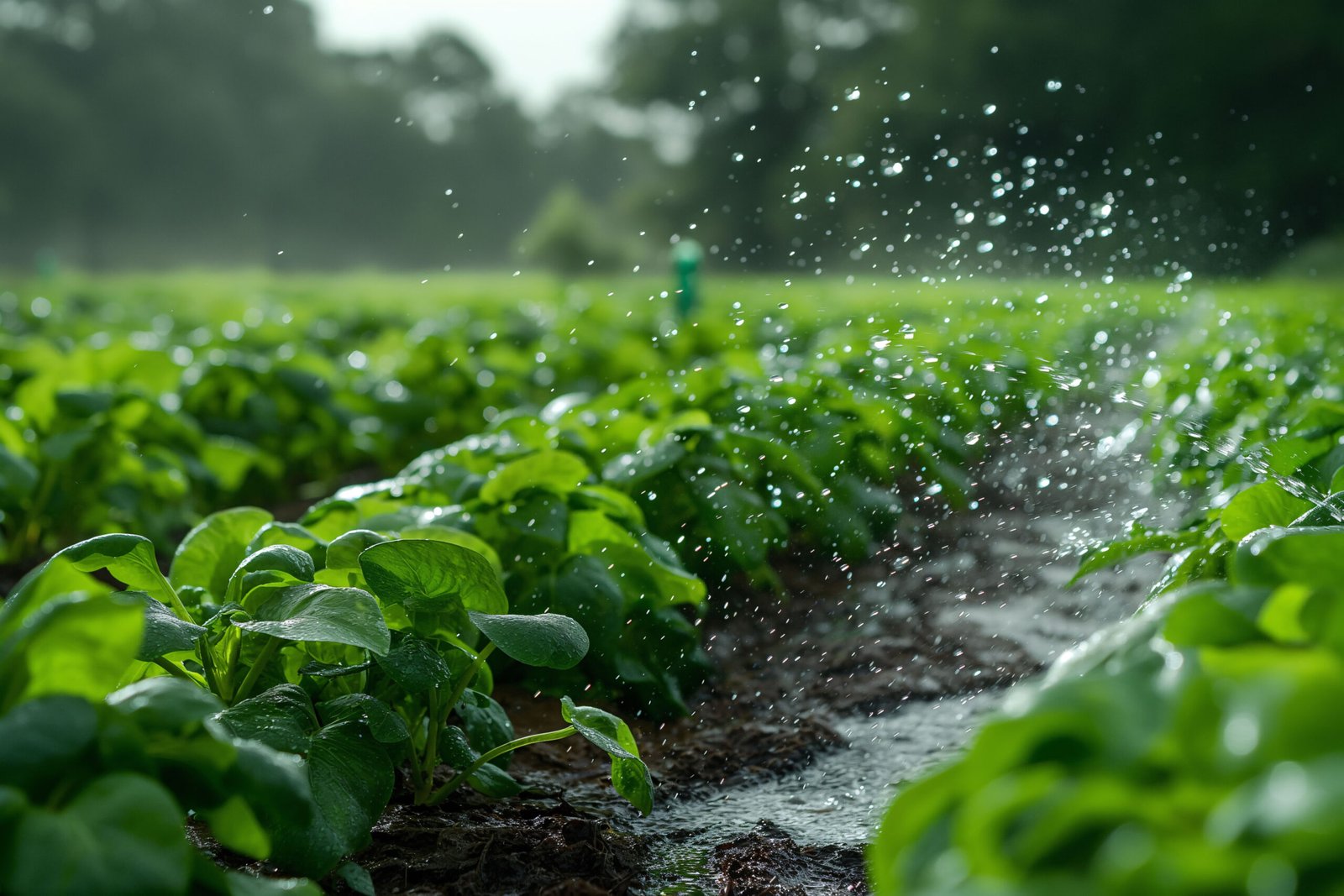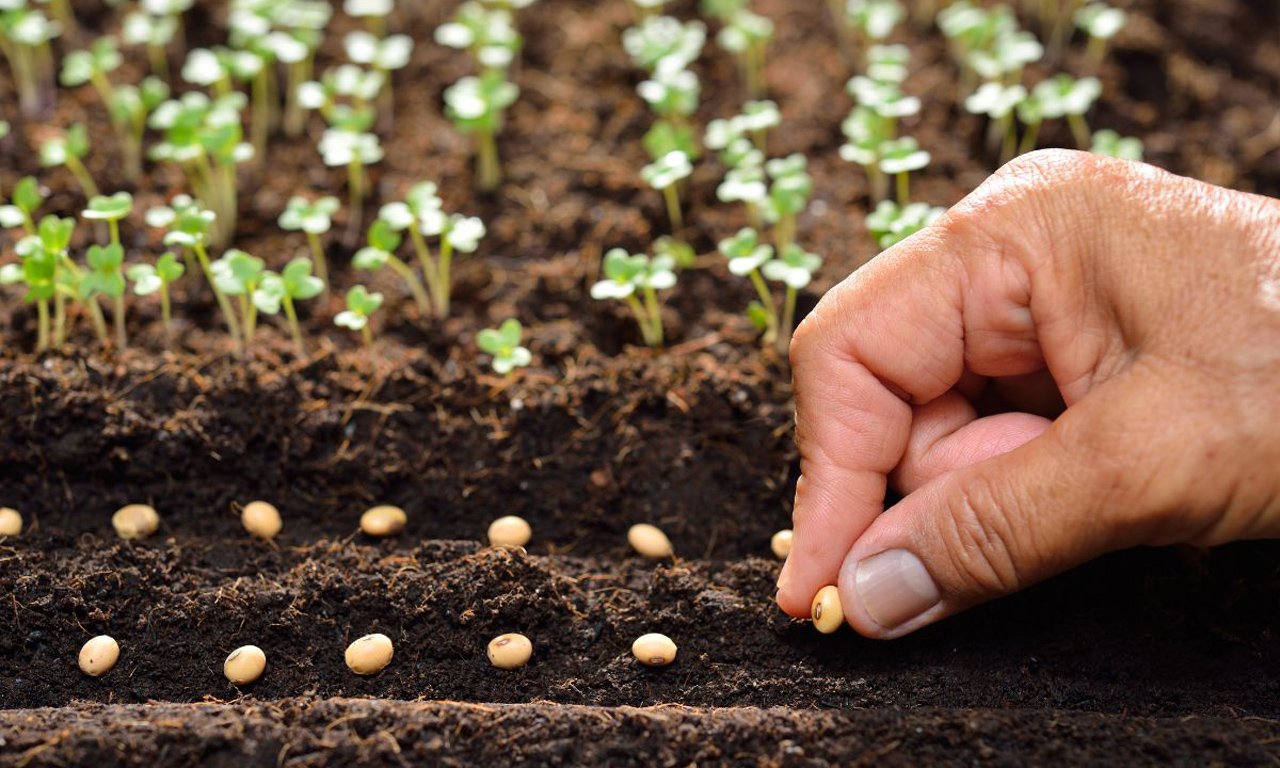agricultural
Cultivating Crops
processing of seeds
pollen
vegetables
Algae
Mechanisation
24/7 Support
Utilization of Agricultural Production Waste
by Magi Group of Companies Farms
Magi Farm is actively engaged in transforming food waste—a significant component of agricultural and consumer production waste—into valuable resources, aligning with circular economy principles. Their approach centers on Black Soldier Fly (BSF) bioconversion technology.

The core of Magi Farm’s operation is utilizing Black Soldier Fly larvae to process organic waste. This method offers several environmental and practical benefits:
- Waste Reduction: They significantly reduce landfill waste by processing tons of food waste from businesses (hotels, restaurants), households, and events.
- Emission Control: By diverting organic matter from landfills, they help cut down on methane emissions (CH4), a potent greenhouse gas.
- Resource Creation: The process yields two primary valuable by-products:
- Organic Fertilizer: The residual matter, rich in nutrients, is converted into organic fertilizer, which can be used to enrich soil and support further agricultural production.
- Insect Protein: The larvae themselves are harvested and processed into maggot protein, which is used as sustainable feed, for example, as fish food.
The utilization of agricultural (food) production waste by this entity focuses on biological upcycling via entomological decomposition to create soil amendments and animal feed supplements.
Cultivating Resilience
Crops That Consume Less Water
In an era defined by unpredictable climate patterns and increasing water scarcity, adopting water-efficient agriculture is no longer optional—it’s essential for sustainable food production. Cultivating crops that naturally consume less water, often referred to as drought-tolerant or dryland crops, allows farmers to maintain yields, conserve precious resources, and build resilience against drought.
The Champions of Low Water Use
These crops are naturally adapted to thrive in arid and semi-arid regions, requiring minimal or no supplemental irrigation once established. They generally employ survival strategies like deep root systems or water storage in their tissues.
Fruits and Speciality Crops
- Cacti and Succulents: Agave, Prickly Pear Cactus (Nopales), and Dragon Fruit require very little to no supplemental water once established due to their ability to store water in fleshy tissues.
- Mediterranean Fruits: Figs, Pomegranate, and Olives are long-term, deep-rooted crops well-suited to dry, hot summers.
- Herbs and Spices: Rosemary and Lavender are excellent low-water alternatives, which also offer high value as essential oil or culinary products

Water-Wise Cultivation Strategies
Selecting the right crop is only half the battle; utilizing smarter farming techniques is crucial to maximizing water conservation and ensuring a successful harvest from low-water crops.
Optimizing Soil Health
A healthy soil structure is paramount for water retention.
- Mulching: Applying a thick layer of organic material (straw, dry leaves, compost) or synthetic sheeting around plants reduces water evaporation from the soil surface and suppresses competing weeds.
- Reduced Tillage: No-till farming practices maintain soil structure, which prevents crust formation and allows rainwater to infiltrate and be stored deeper within the soil profile.
- Cover Crops: Planting non-cash crops (like legumes or grasses) between seasons protects the soil from sun and wind, improves its organic matter content, and increases its water-holding capacity.
Innovating in Seed Production and Processing
I. MAGI Group's Seed Production Operations (Field-to-Harvest)
The MAGI Group of Companies is a leader in agricultural solutions, with a robust division dedicated to the production and processing of high-quality seeds. Leveraging cutting-edge technology and sustainable practices, MAGI Group ensures farmers receive top-tier planting material for optimal yields across a range of crops, including cereals, pulses, and oilseeds.
II. MAGI Group’s Advanced Seed Processing Facilities
Upon arrival at one of MAGI Group’s regional processing plants, raw seeds undergo a meticulously managed transformation into market-ready products:
- Automated Pre-Cleaning & Drying:
- Efficiency: Raw seeds are fed into fully automated lines for initial cleaning, removing large inert materials. This is immediately followed by precise drying in MAGI’s energy-efficient dryers, which use sophisticated sensors to achieve the optimal moisture content for long-term storage and viability, preventing fungal growth and preserving germination potential.
- Multi-Stage Fine Cleaning & Grading (MAGI-Precision Sort™):
- Proprietary Technology: MAGI utilizes its patented “MAGI-Precision Sort™” system, an integrated array of air-screen cleaners, specific gravity separators, and advanced optical (color) sorters. This system meticulously separates seeds based on size, shape, density, and color, ensuring unprecedented purity and removing even minute foreign matter, damaged, or discolored seeds.
- Consistency: This guarantees a uniform seed lot, critical for precision planting by farmers.
- MAGI-Guard™ Seed Treatment Application:
- Enhanced Protection: MAGI Group offers a range of proprietary seed treatments under its “MAGI-Guard™” brand. These treatments include highly effective fungicides, insecticides, and biostimulants that are applied evenly to each seed using precision coating technology.
- Early Vigor: MAGI-Guard™ treatments not only protect against early-season threats but also promote vigorous seedling establishment, contributing to stronger initial growth and a healthier crop stand.
- Rigorous Quality Assurance (MAGI-QC Lab):
- Accredited Testing: Every seed lot undergoes comprehensive testing at MAGI Group’s ISO-certified “MAGI-QC Lab.” Tests include germination rate, physical purity, moisture content, vigor tests, and molecular tests for genetic purity and absence of seed-borne diseases.
- Traceability: Each MAGI seed bag carries a unique QR code, allowing complete traceability back to the specific field and processing batch.
- Smart Packaging & Climate-Controlled Storage:
- Preservation: Seeds are packaged in durable, moisture-resistant bags designed for longevity. Packaging often includes nitrogen flushing or other atmospheric controls for sensitive seeds.
- Optimized Storage: MAGI’s distribution centers feature climate-controlled warehousing, maintaining ideal temperature and humidity levels to preserve seed viability until dispatch to farmers and retailers.
By controlling every stage from genetic development to final packaging, the MAGI Group of Companies delivers seeds that embody innovation, reliability, and the promise of a bountiful harvest for farmers worldwide.
MAGI Group’s commitment to excellence begins at the very foundation of seed development:
- MAGI-Genetics & R&D:
- Focus: MAGI invests heavily in its proprietary breeding programs, utilizing both traditional cross-breeding and advanced genomic selection techniques. Their research centers worldwide develop new, climate-resilient varieties with enhanced disease resistance, improved yield potential, and superior nutritional profiles. This includes specialized varieties adapted to regional growing conditions.
- Outcome: Development of unique MAGI-branded varieties that offer a competitive edge to farmers.
- Foundation Seed Magnification:
- Controlled Environments: MAGI maintains its own highly secure, isolated farms for the production of “Foundation Seed.” These sites benefit from precision agriculture technologies, including drone surveillance for field health monitoring and advanced irrigation systems, ensuring absolute genetic purity and vigor.
- Expert Agronomy: A team of MAGI agronomists meticulously supervises these fields, applying best practices in nutrient management and integrated pest management (IPM) to safeguard seed quality.
- Contract Grower Network:
- Strategic Partnerships: To meet market demand, MAGI collaborates with a network of certified contract growers. These growers undergo rigorous training and adhere to MAGI’s strict protocols for planting, field isolation, roguing (removal of off-type plants), and harvest.
- Field Audit System: MAGI employs a comprehensive digital field auditing system, allowing real-time monitoring of crop development and adherence to quality standards across all contract farms.
- Precision Harvesting:
- Damage Minimization: MAGI’s harvesting operations utilize state-of-the-art machinery equipped with gentle handling mechanisms to minimize mechanical damage to the seed. Sensors ensure optimal moisture content at harvest, crucial for maintaining seed viability.
